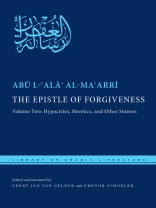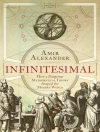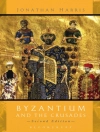One of the most unusual books in classical Arabic literature, The Epistle of Forgiveness is the lengthy reply by the prolific Syrian poet and prose writer, Abu l-‘Ala’ al-Ma’arri (d. 449/1057), to a letter by an obscure grammarian, Ibn al-Qarih. With biting irony, The Epistle of Forgiveness mocks Ibn al-Qarih’s hypocrisy and sycophancy by imagining he has died and arrived with some difficulty in Heaven, where he meets famous poets and philologists from the past. He also glimpses Hell, and converses with the Devil and various heretics. Al-Ma’arri—a maverick, a vegan, and often branded a heretic himself—seems to mock popular ideas about the Hereafter.
This second volume is a point-by-point reply to Ibn al-Qarih’s letter using al-Ma’arri’s characteristic mixture of erudition, irony, and admonition, enlivened with anecdotes and poems. Among other things, he writes about hypocrites; heretical poets, princes, rebels, and mystics; apostates; piety; superstition; the plight of men of letters; collaborative authorship; wine-drinking; old age; repentance; pre-Islamic pilgrimage customs; and money. This remarkable book is the first complete translation in any language, all the more impressive because of al-Ma’arri’s highly ornate and difficult style, his use of rhymed prose, and numerous obscure words and
expressions.
A bilingual Arabic-English edition.
Over de auteur
Gregor Schoeler was the chair of Islamic Studies at the University of Basel from 1982 to 2009. His books in the fields of Islamic Studies and classical Arabic literature include The Oral and the Written in Early Islam, and Paradies und Holle, a partial German translation of The Epistle of Forgiveness.












